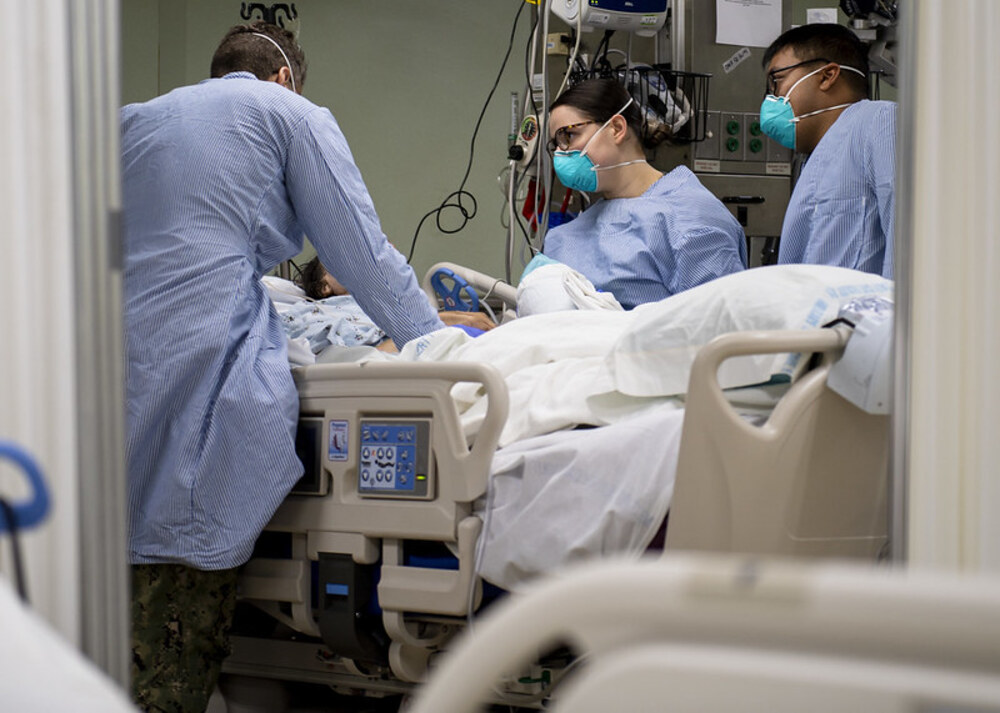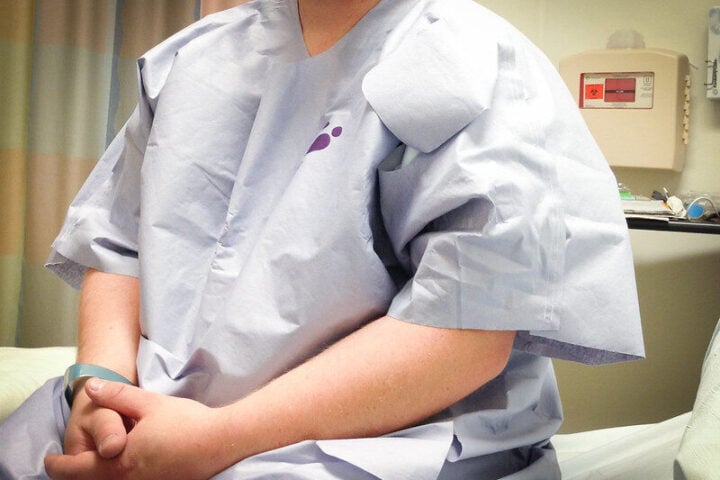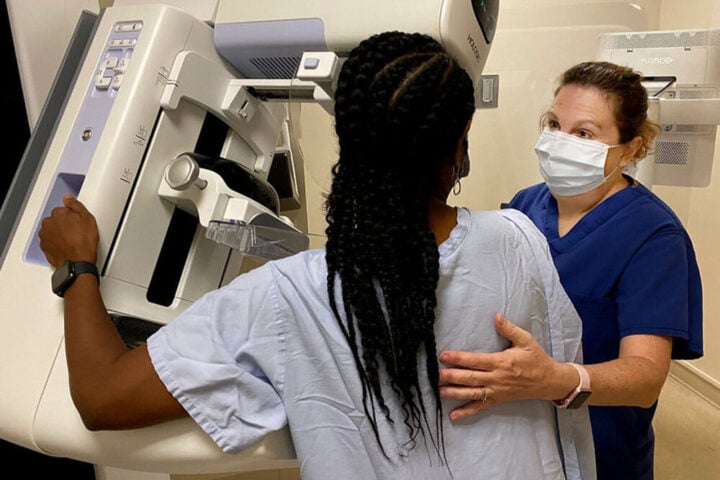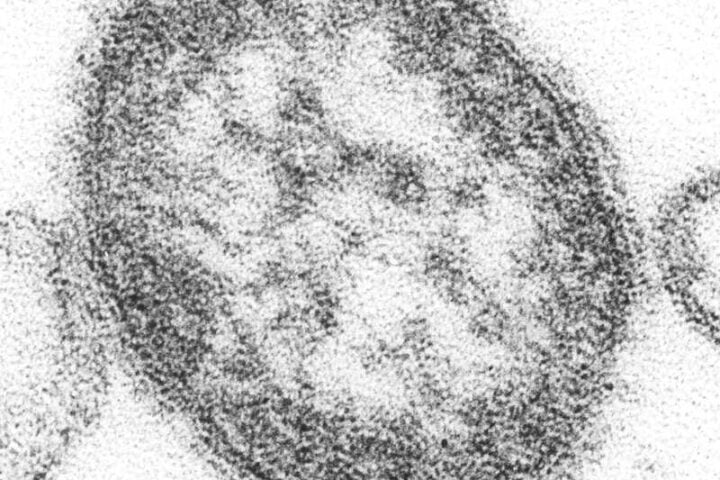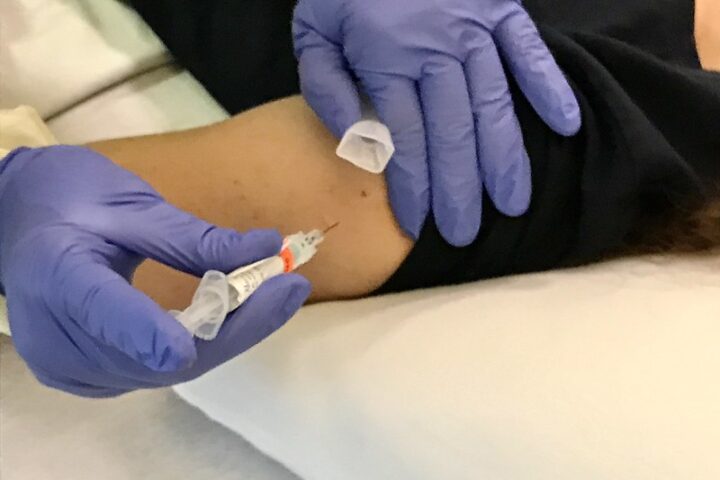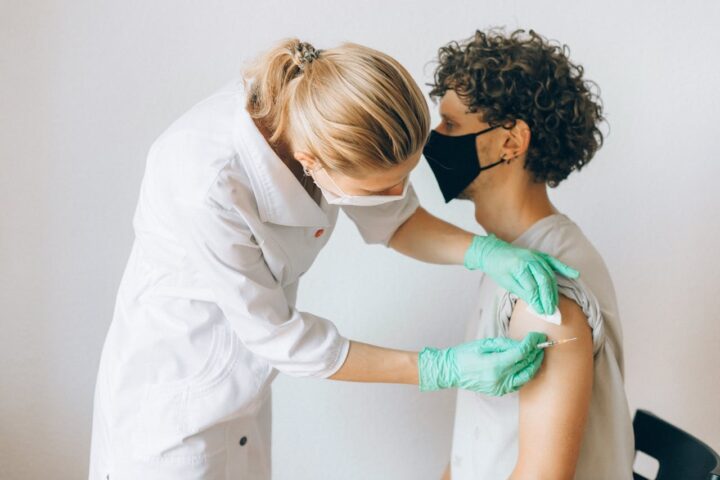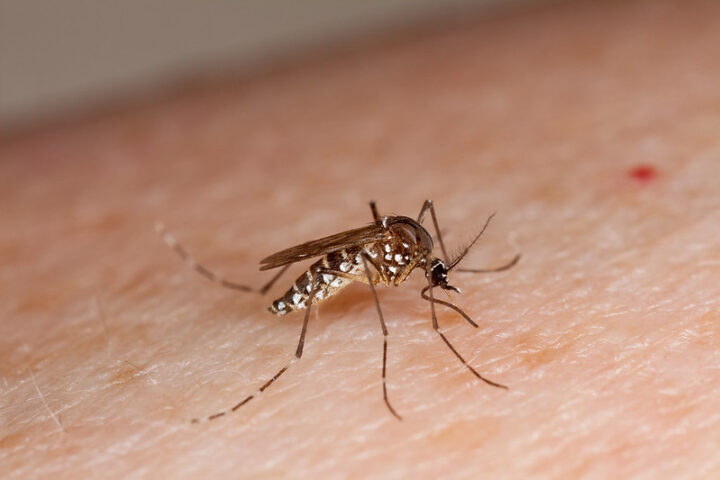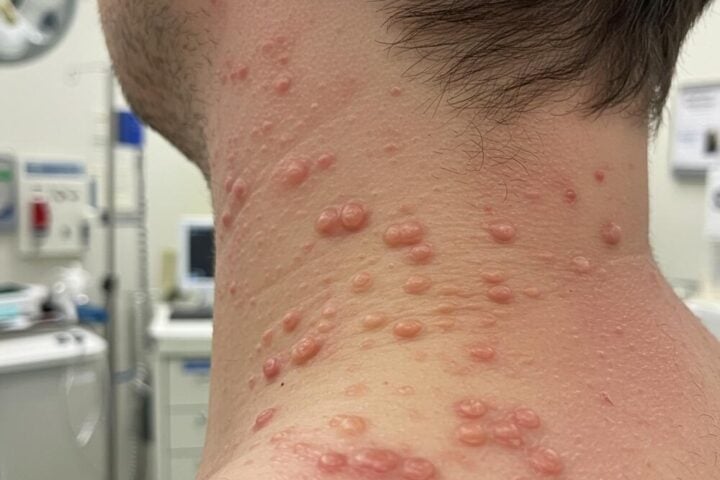The measles outbreak in Texas has reached 505 confirmed cases since late January, with most infections concentrated in West Texas counties. Two unvaccinated school-aged children with no underlying health conditions have died from the disease, marking the first measles fatalities in the United States in a decade.
The Texas Department of State Health Services (DSHS) reports that the outbreak has now spread across 22 counties, with 10 designated as outbreak counties with ongoing measles transmission: Cochran, Dallam, Dawson, Gaines, Garza, Lynn, Lamar, Lubbock, Terry, and Yoakum. Gaines County remains the epicenter with 328 cases, followed by Terry County with 46 and Lubbock County with 36.
“Due to the highly contagious nature of this disease, additional cases are likely to occur in the outbreak area and the surrounding communities,” the Texas DSHS stated in its April 8 update.
The outbreak has crossed state lines, with linked cases appearing in New Mexico, Oklahoma, Kansas, and even Mexico. Genetic testing has confirmed these cases are connected to the Texas outbreak.
Growing Concerns at Child Care Centers
The virus has now reached a day care facility in Lubbock County, where seven cases have been confirmed, including in children too young to be fully vaccinated.
“Measles is so contagious I won’t be surprised if it enters other facilities,” warned Katherine Wells, Lubbock Public Health director.
Of the 505 confirmed cases, about 70% (351) are in children and teens under 18 years old. The outbreak has led to 57 hospitalizations so far.
Health officials have adjusted their vaccination recommendations, advising children in Lubbock County to receive their first vaccine dose at 6 months instead of the usual 12-15 months. Children who have received only one dose are being advised to get their second dose early.
“We do have some children that have only received one dose that are now infected,” Wells noted.
Similar Posts:
A Vaccination Gap
The vast majority of cases are in unvaccinated individuals or those whose vaccination status is unknown. Only 10 cases have been confirmed in vaccinated people – three who had received one dose of the measles, mumps, rubella (MMR) vaccine and seven who had received both recommended doses.
Kindergarten vaccination rates in Gaines County, where a close-knit Mennonite community has been heavily affected, stand at just 82% – far below the 95% needed to prevent community spread. Health officials believe the actual rate is likely lower in the small religious schools and homeschooling groups where the early cases were identified.
Measles: Highly Contagious and Preventable
Measles is one of the most contagious diseases known to exist. When an infected person coughs, sneezes, or talks, the virus can remain active in the air or on surfaces for up to two hours. About 90% of unvaccinated people exposed to measles will contract it, and one in five will require hospitalization.
Common symptoms include high fever, cough, runny nose, watery eyes, and a distinctive rash that typically starts on the face before spreading to the rest of the body. When the rash appears, fever can spike above 104 degrees Fahrenheit.
The CDC emphasizes that the MMR vaccine is highly effective – one dose is 93% effective, and two doses are 97% effective. Health Secretary Robert F. Kennedy Jr. posted on social media that the MMR vaccine is the “most effective way to prevent the spread of measles,” while also noting that his earlier efforts had helped slow the growth rate of new cases.
Federal Response
The Centers for Disease Control and Prevention (CDC) has been involved in the response effort. A team was deployed to Texas in early March and remained until April 1. The CDC met with Texas officials on Monday, April 7, to determine how many additional personnel to send to West Texas. A small team was expected to arrive later that week, followed by a larger group the next week.

“I think we’re in this for the long haul,” Wells said during a press conference.
The outbreak represents a significant public health challenge. With over 600 measles cases now confirmed across 21 states, health officials continue to stress the importance of vaccination as the most effective way to stop the spread of this preventable disease.
